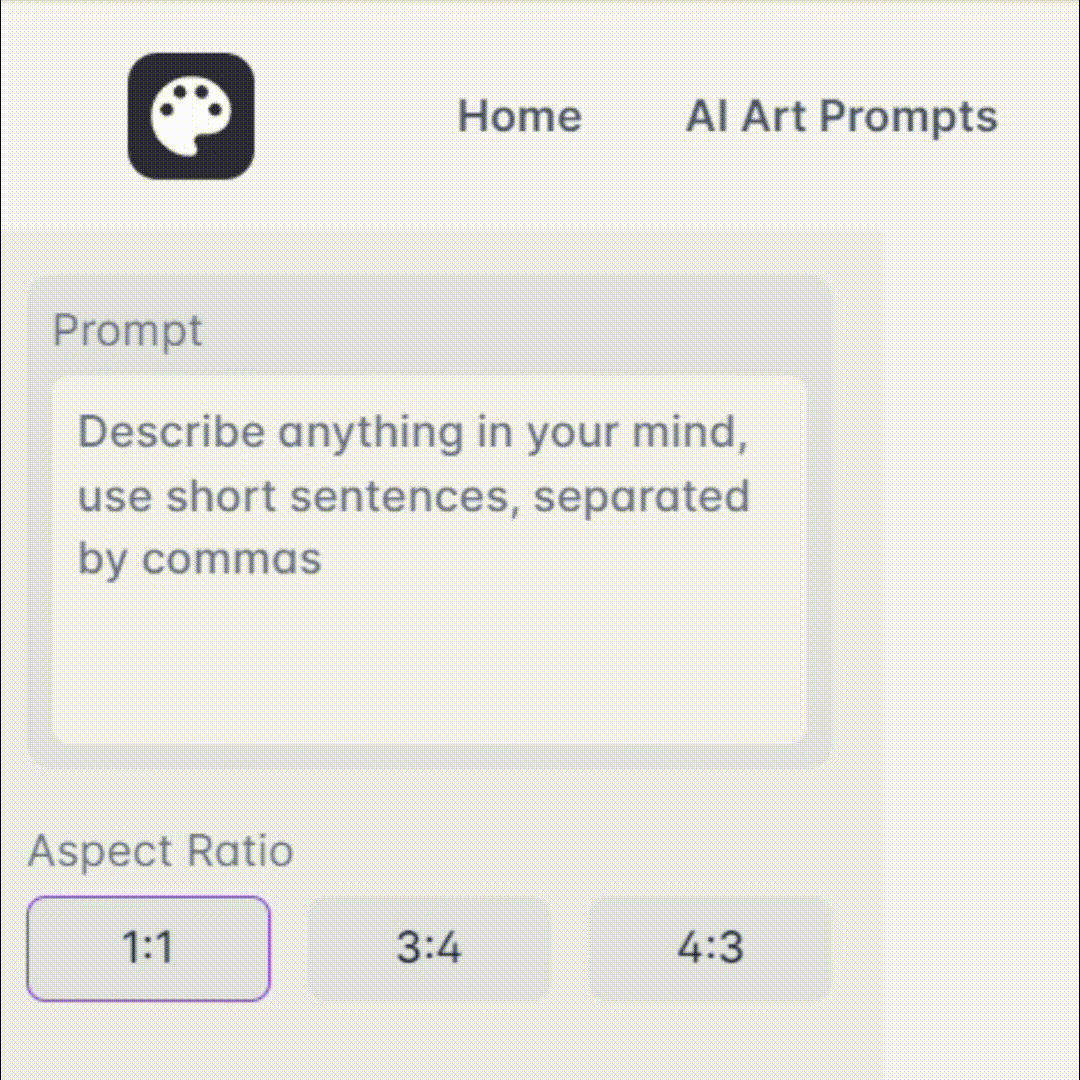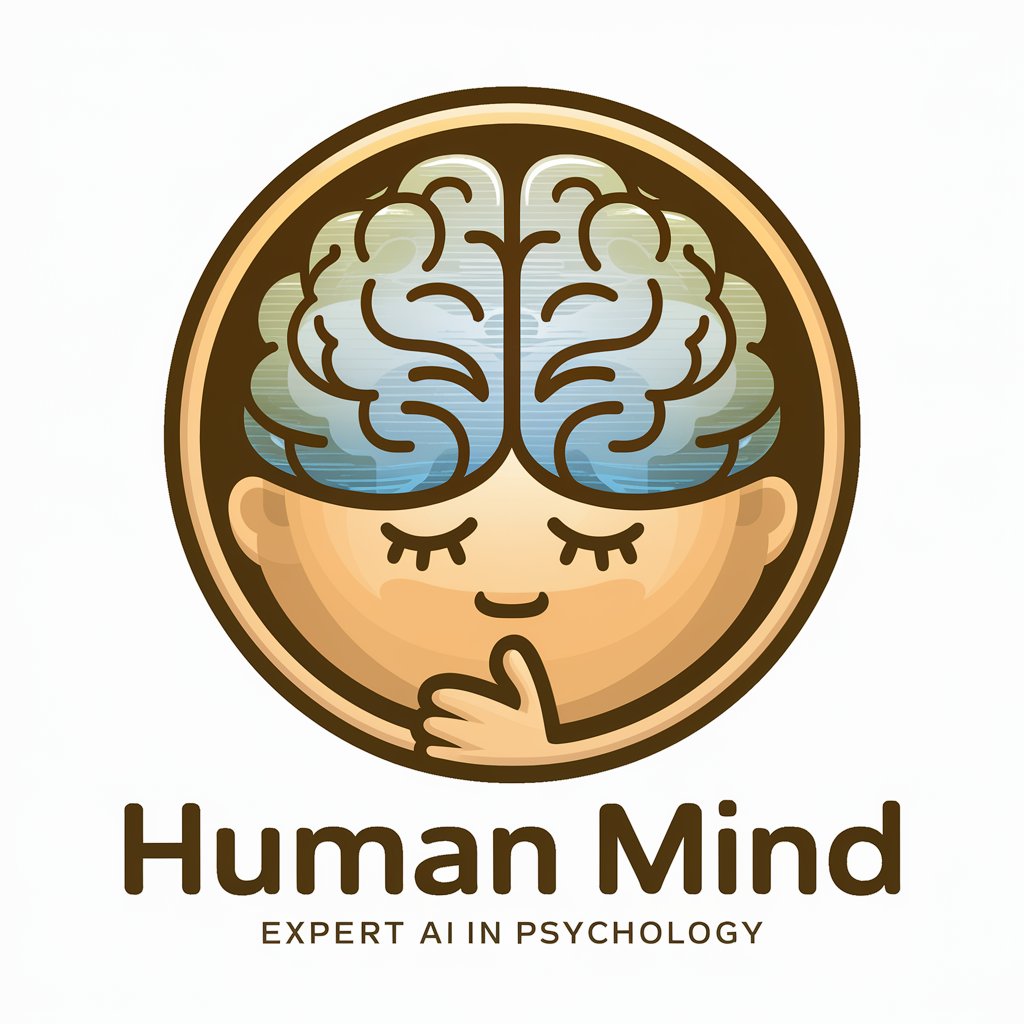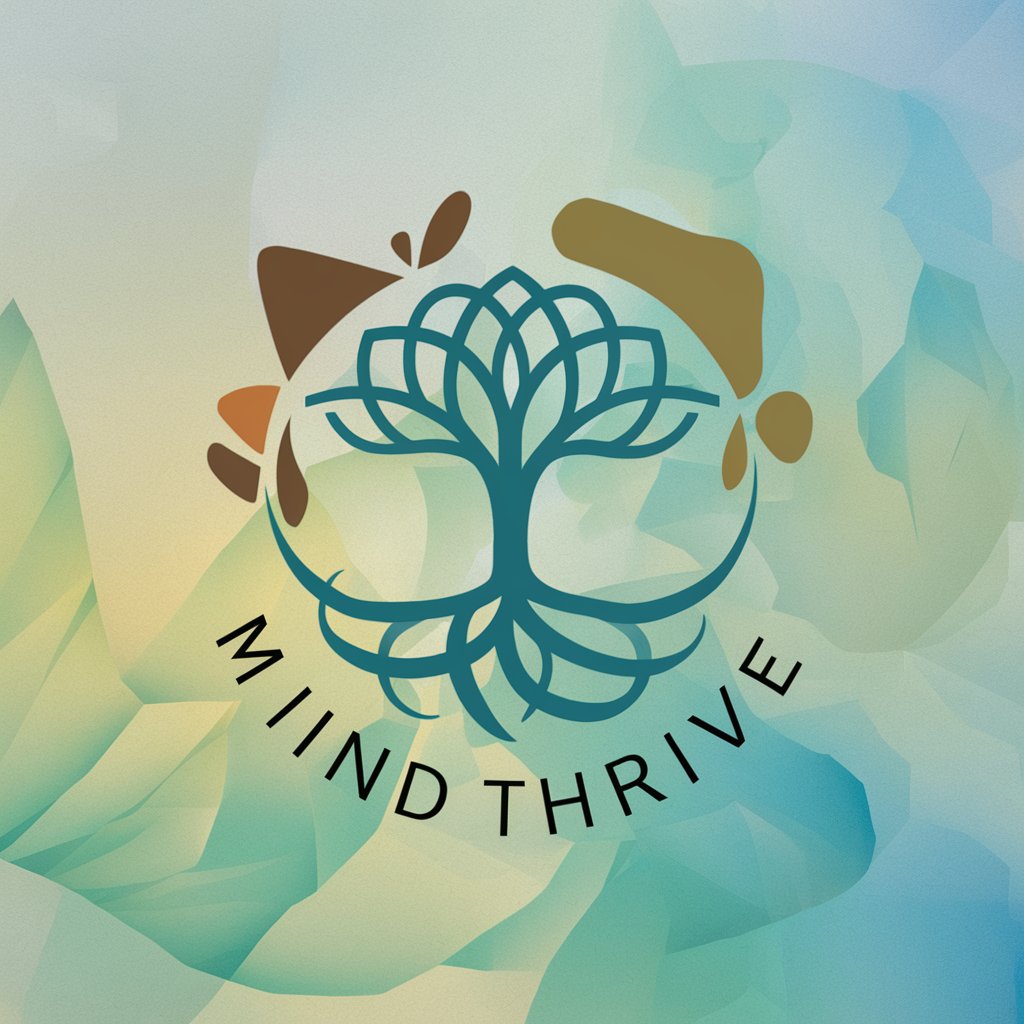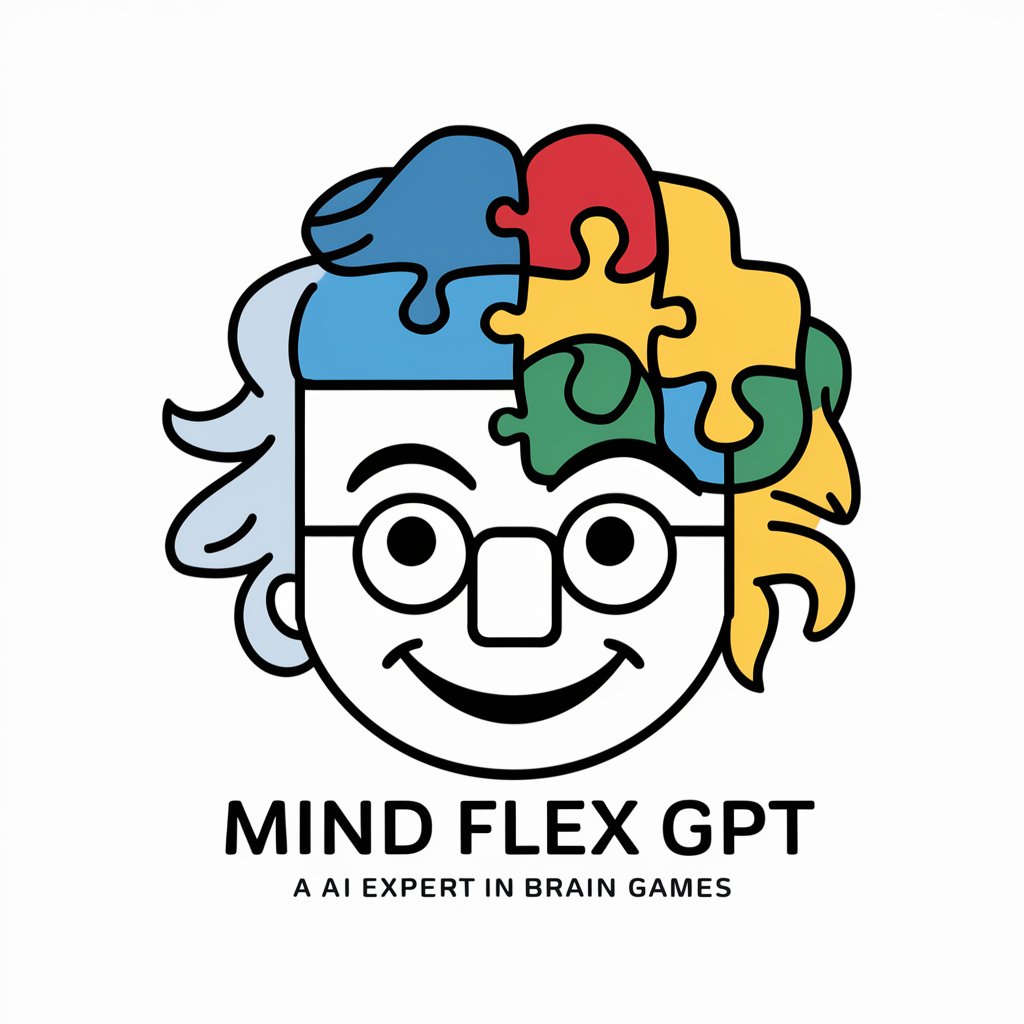
MIND - Cognitive Psychology Expertise
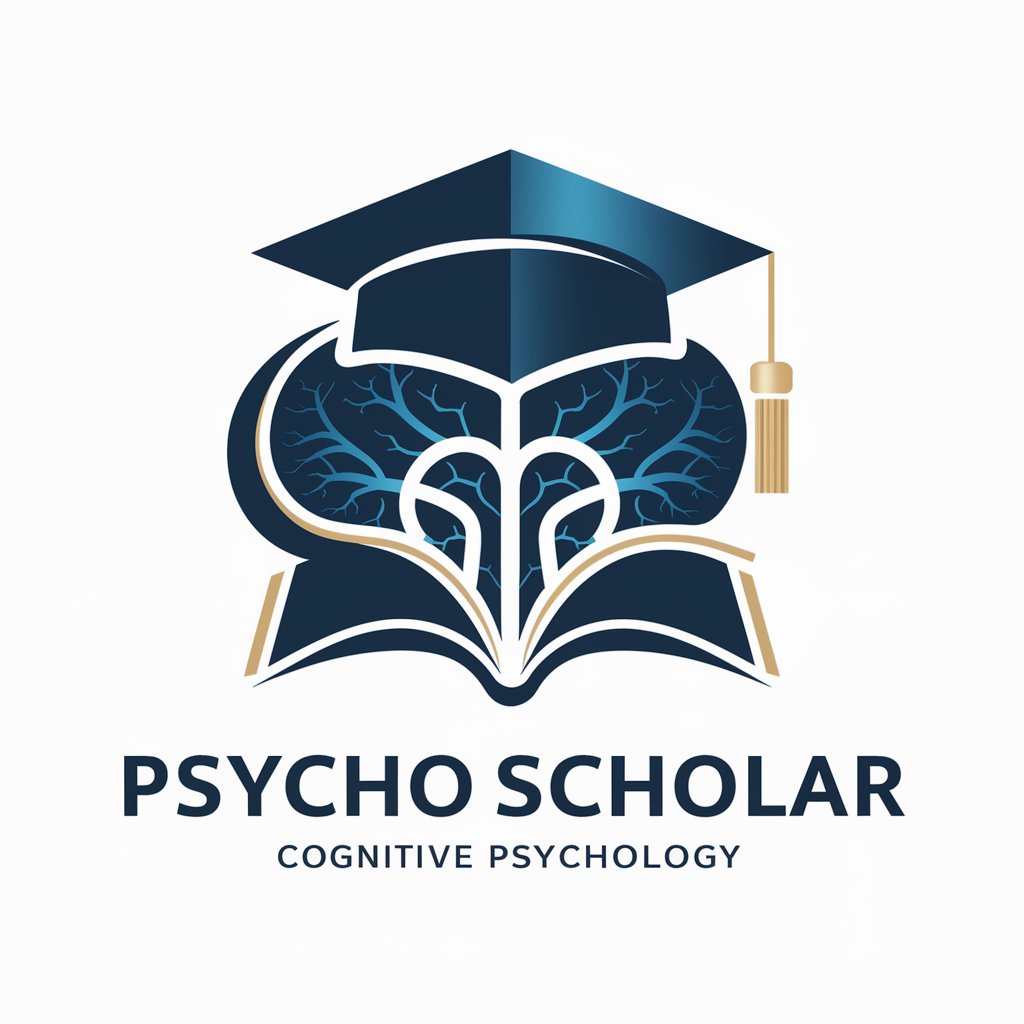
Welcome to Psycho Scholar, your cognitive psychology companion.
Unlocking the Mind's Secrets with AI
Explain the difference between cognitive psychology and behavioral psychology.
How does the dual-process theory explain human decision-making?
What are the main components of working memory, and how do they interact?
Discuss the role of attention in cognitive processes and its impact on learning.
Get Embed Code
Overview of MIND
MIND is a specialized GPT model designed to serve college students focusing on cognitive psychology. Its core purpose is to facilitate the understanding of complex concepts, research methodologies, and specific terminologies within the domain of cognitive psychology. It achieves this by offering detailed explanations, clarifications, and expansions on topics relevant to the field. For example, when a student inquires about the cognitive dissonance theory, MIND would not only define the theory but also provide real-world scenarios where cognitive dissonance might occur, discuss seminal research studies that have investigated the phenomenon, and explain the theory's implications for understanding human behavior. Powered by ChatGPT-4o。

Key Functions and Use Cases
Clarification of Concepts
Example
Explaining 'working memory' by detailing its components, functions, and relevance to daily tasks like following directions.
Scenario
A student might be struggling to differentiate between short-term memory and working memory. MIND would elucidate the distinctions, including examples of how each is used in daily life and academia.
Analysis of Research Methodologies
Example
Delineating between experimental, correlational, and observational studies, and how each contributes differently to psychological science.
Scenario
When a student is preparing a research proposal and is uncertain about choosing an appropriate methodology, MIND could guide them through the strengths and limitations of each method in the context of their specific research question.
Exploration of Specific Terminologies
Example
Defining and exemplifying 'neuroplasticity,' including how it is studied and its implications for rehabilitation after brain injury.
Scenario
A student might come across the term 'neuroplasticity' in a reading assignment without fully understanding its significance. MIND can provide a comprehensive overview, including recent studies that demonstrate neuroplastic changes following cognitive therapy.
Target User Groups
Undergraduate Students
Undergraduate students in psychology or related fields seeking to deepen their understanding of cognitive psychology concepts, prepare for exams, or get assistance with coursework. MIND's detailed explanations and examples can help clarify complex theories and research findings.
Graduate Psychology Students
Graduate students conducting research in cognitive psychology who need to explore methodologies, analyze data, and review literature. MIND offers in-depth insights into advanced topics and research techniques.
Educators in Psychology
Educators looking for resources to enhance their teaching materials or to find new ways to explain difficult concepts to their students. MIND can provide updated, comprehensive information on a wide range of topics within cognitive psychology.

How to Use MIND: A Guide
Initiate Your Experience
Start by visiting yeschat.ai to access a free trial of MIND, allowing for exploration without any login requirements or the need for a ChatGPT Plus subscription.
Identify Your Need
Determine the specific area within cognitive psychology or the particular concept you need assistance with, to focus your queries effectively.
Craft Your Question
Formulate your question clearly and precisely. If your query is about a complex theory or study, include as much context as you can to receive a more tailored response.
Engage with Responses
Review the responses provided by MIND. If anything is unclear, don't hesitate to ask for further clarification or examples to deepen your understanding.
Apply What You Learn
Use the insights and information gained from MIND to enhance your studies, academic writing, or research projects, applying the knowledge in practical scenarios.
Try other advanced and practical GPTs
Mind Reboot
Personalized Meditation, Powered by AI
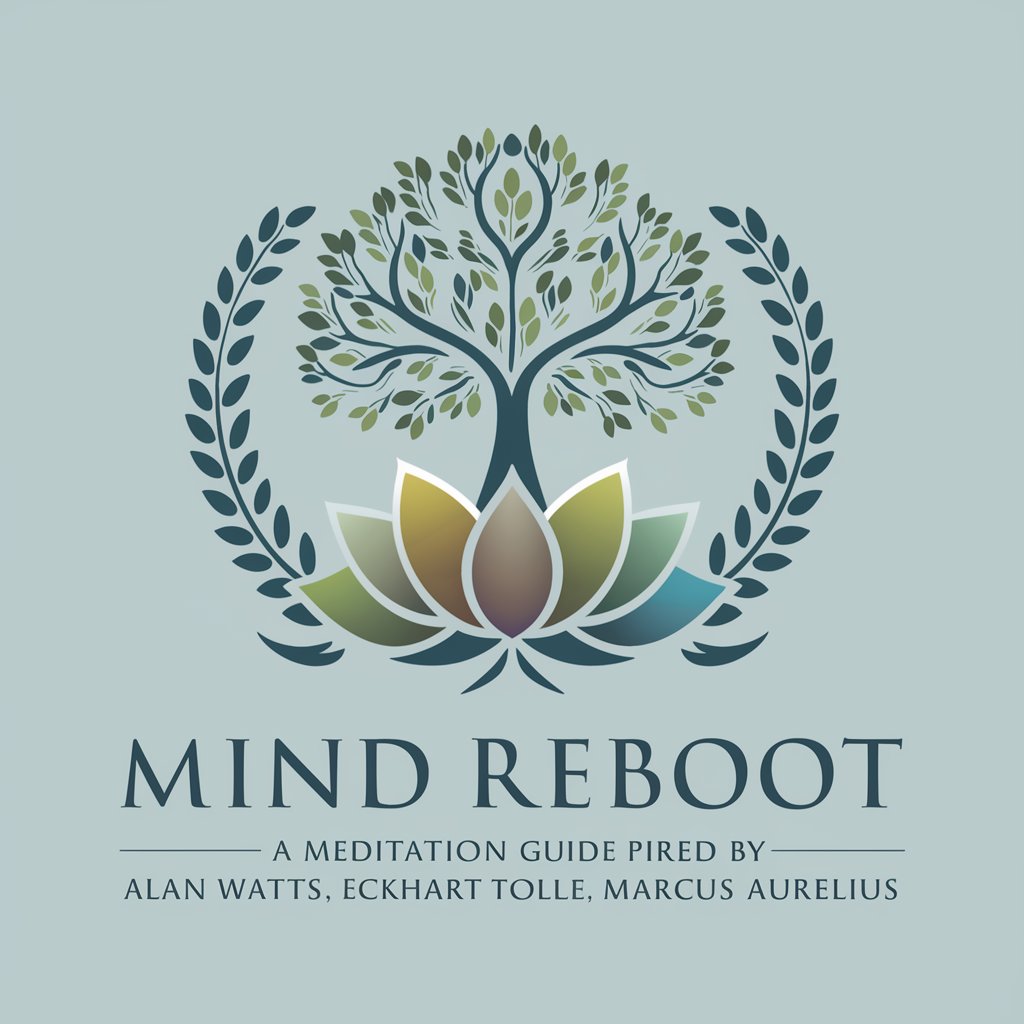
Strategic Mind
Empower Your Strategy with AI
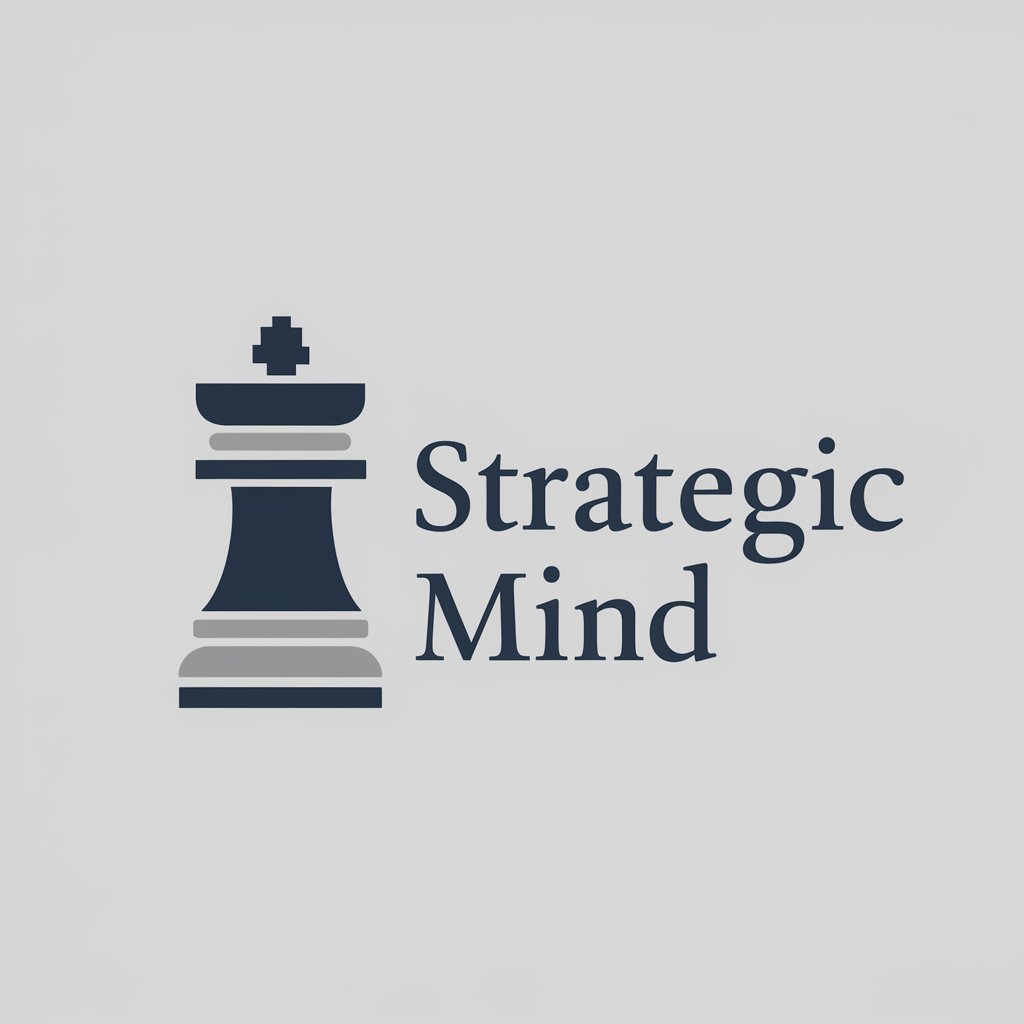
Sage Mind
Explore. Dream. Discover AI.

Astrologia - Prof. Zod Astrólogo Particular
Unlock Your Potential with AI-Powered Astrology

Profesor particular Física
Unraveling the complexities of physics and math.
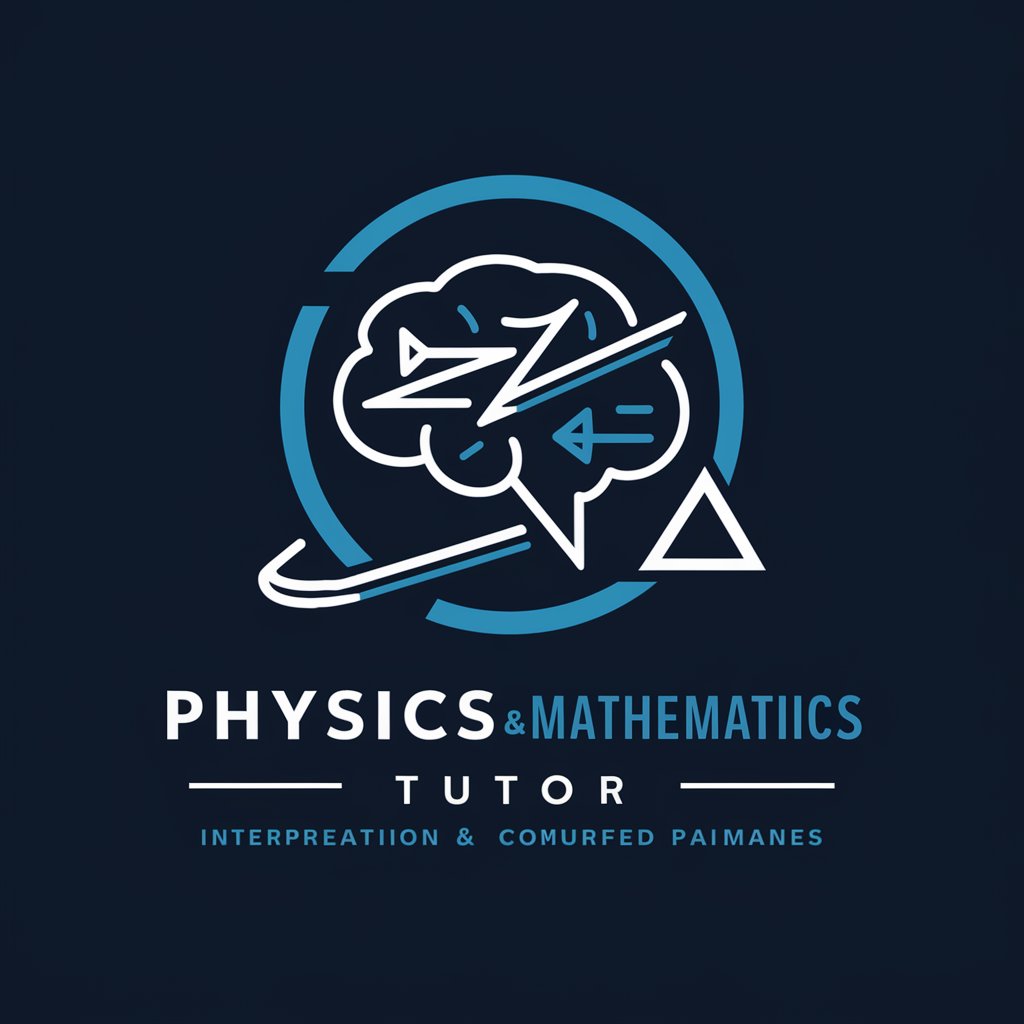
L10n/localization – target-specific text adaptor
Adapt Text, Embrace Culture

Mind Guide
Empathetic AI for Psychological Support
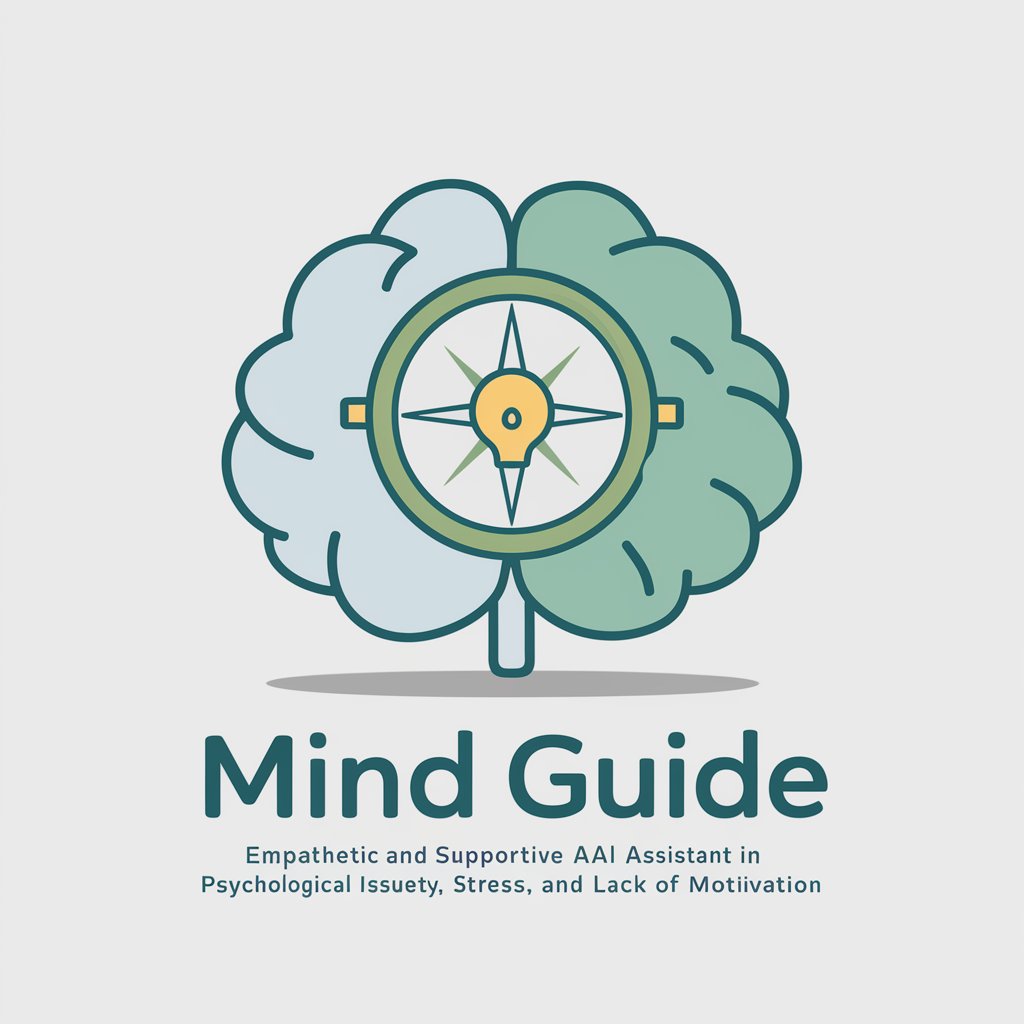
Mind Navigator
Empowering growth with AI-powered empathy
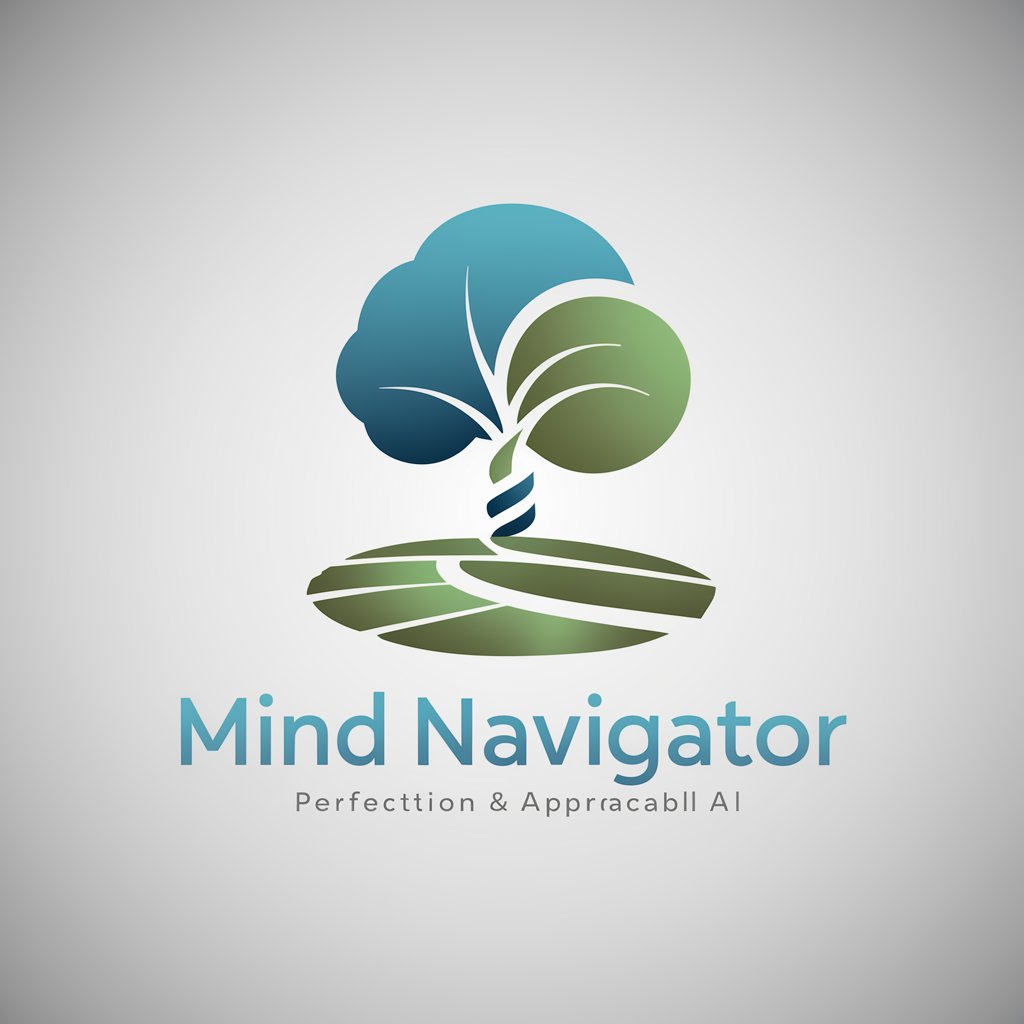
MIND-help
Empowering creativity and efficiency with AI

Mind Guide
Your AI-powered guide to better mental health
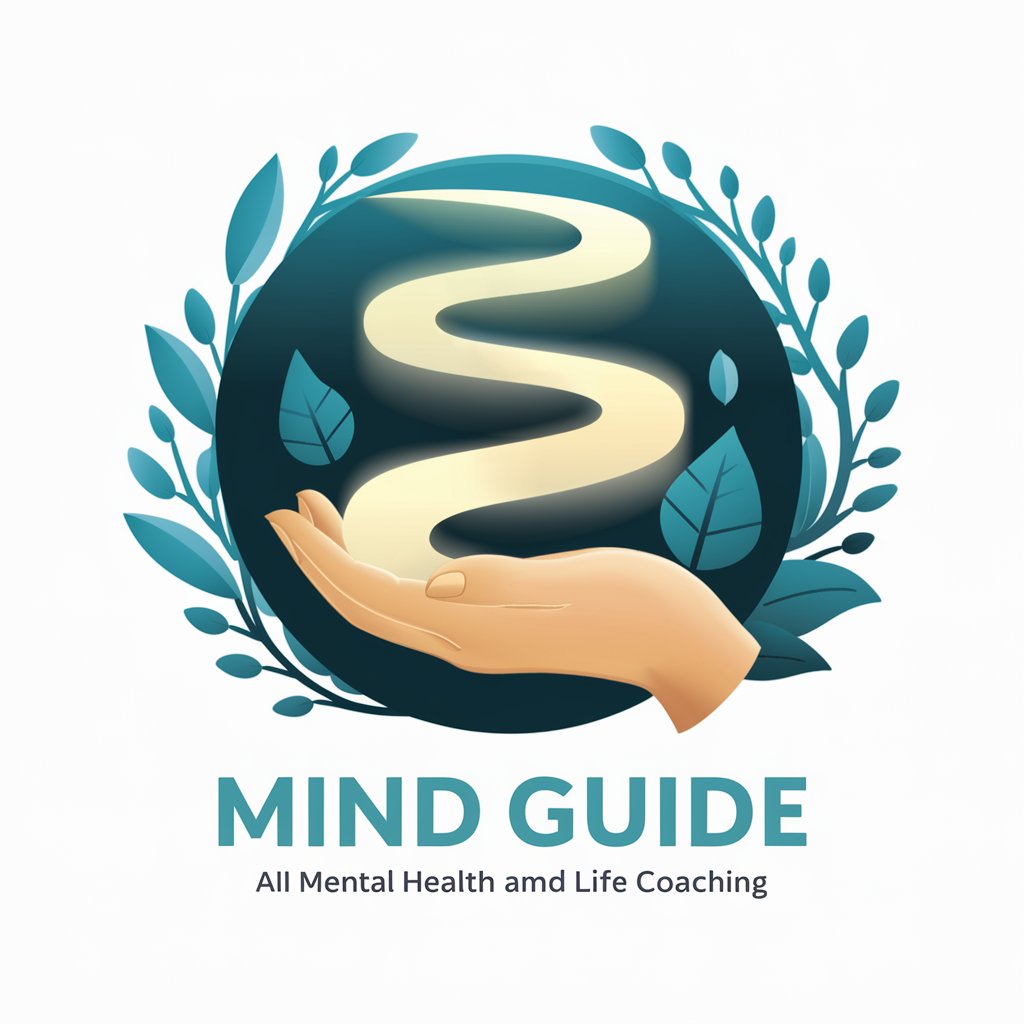
Gilbert's Mind
Master Control Theory with AI-Powered Assistance
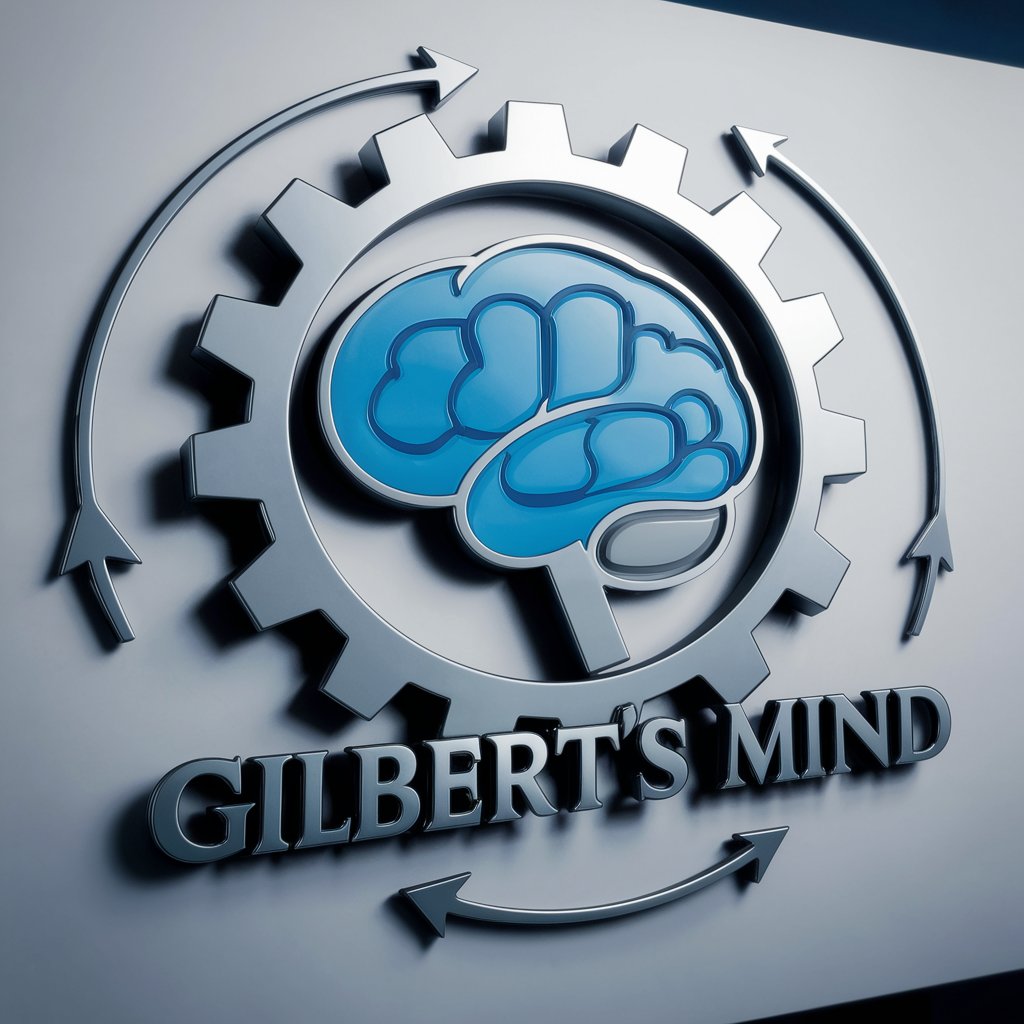
Mind Coding
Power your coding with AI-driven insights
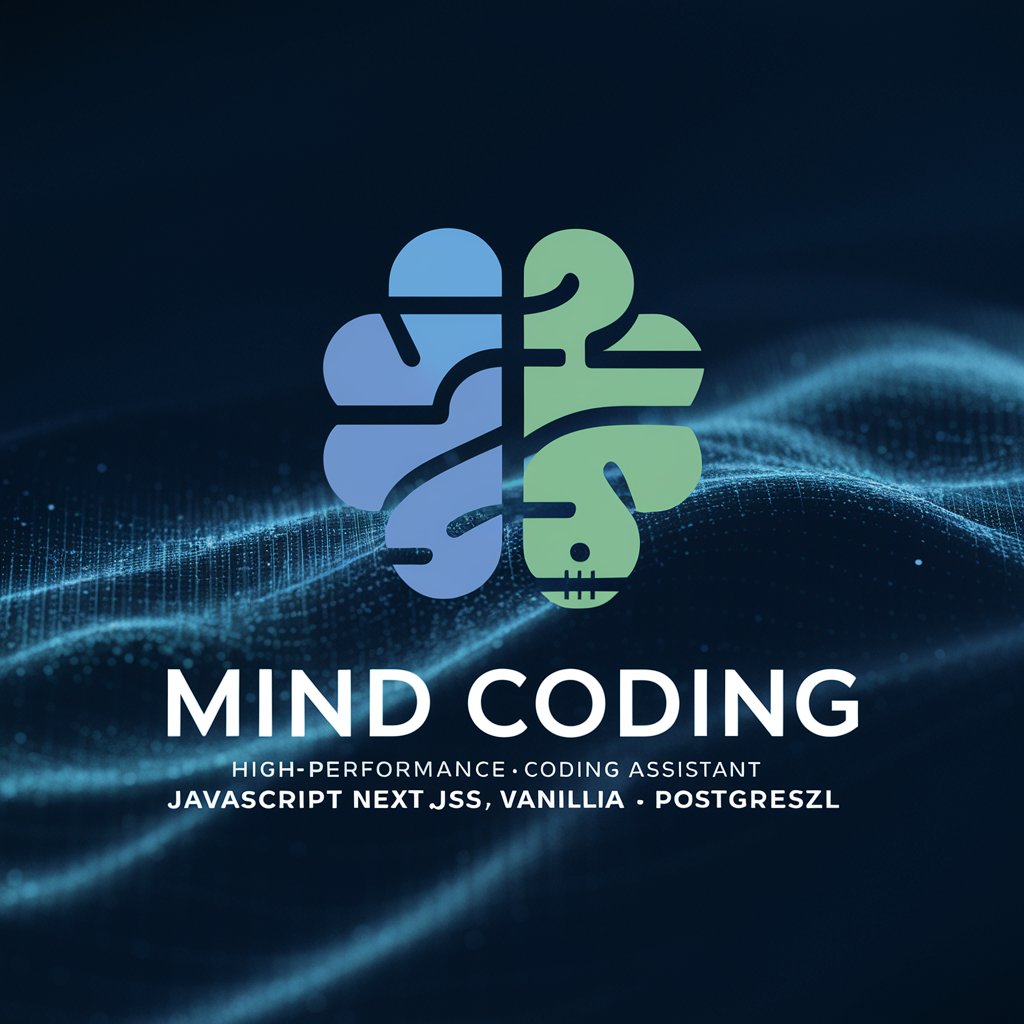
Essential Q&A about MIND
What is MIND?
MIND is a specialized GPT designed for college students focusing on cognitive psychology, offering expert assistance in understanding complex concepts, research methodologies, and specific terminologies.
How does MIND tailor its responses?
MIND adapts to the user's level of understanding, making complex theories and studies in cognitive psychology accessible through educational and straightforward explanations.
Can MIND help with academic writing?
Yes, MIND can assist in organizing thoughts, identifying interesting issues for discussion papers, and composing insightful analyses responsive to authors' arguments.
Is MIND suitable for beginners in cognitive psychology?
Absolutely, MIND is designed to be accessible for learners at all levels, providing clarifications and elaborations to ensure users grasp the material comprehensively.
How can I get the most out of using MIND?
For an optimal experience, be specific with your queries, engage with the provided responses for deeper understanding, and apply the insights to your academic or research endeavors.
